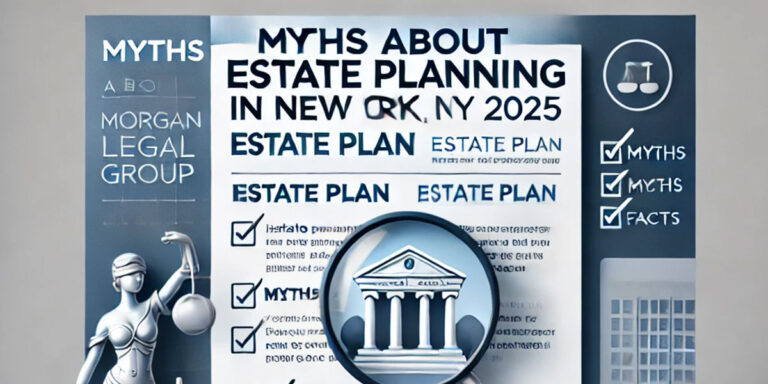
Myths About Estate Planning in New York 2025
Busting Common Estate Planning Myths in New York: What You Need to Know for 2025 Estate planning can seem shrouded in mystery, with numerous misconceptions


Home » Probate in Bronx » Page 3

Busting Common Estate Planning Myths in New York: What You Need to Know for 2025 Estate planning can seem shrouded in mystery, with numerous misconceptions
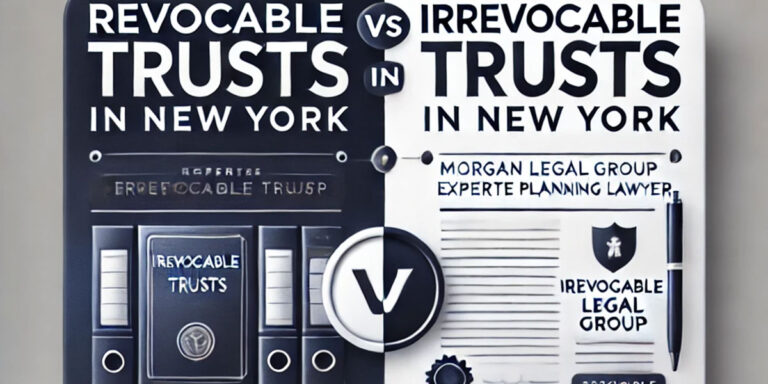
Revocable vs. Irrevocable Trusts in New York: Navigating Your Options for 2025 Trusts are powerful tools in estate planning, offering various benefits from probate avoidance
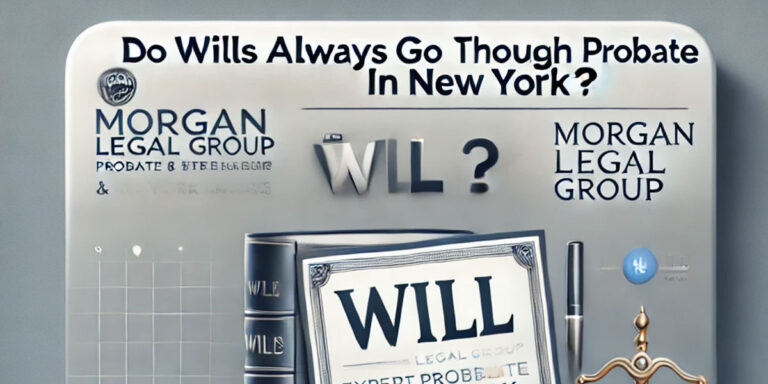
Do Wills Always Go Through Probate in New York? What You Need to Know for 2025 One of the biggest concerns people have about creating
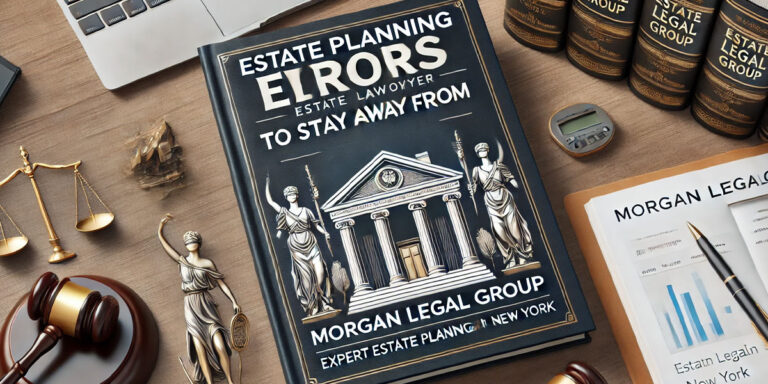
Estate Planning Errors to Avoid in New York: Secure Your Future in 2025 and Beyond Estate planning is a critical process, but navigating the complexities

The Significance of a Living Will in Estate Planning in New York: Planning for 2025 and Beyond While estate planning often centers on financial assets
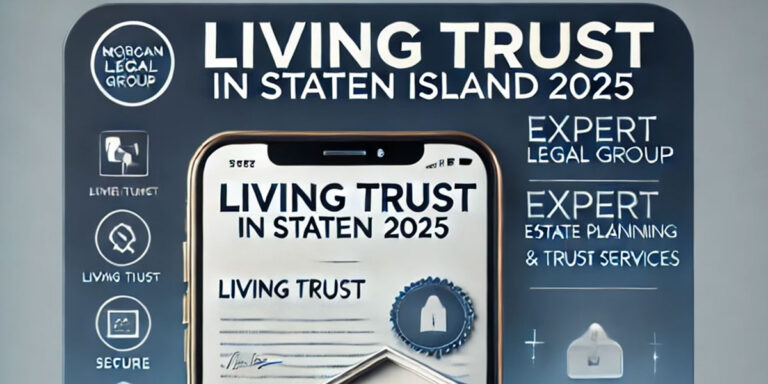
Living Trusts in Staten Island: Planning for 2025 and Beyond As residents of Staten Island look toward the future, planning for their families and assets

How Much Does Estate Planning Cost in New York? Understanding Fees, Options, and Value When considering estate planning, one of the first questions people ask
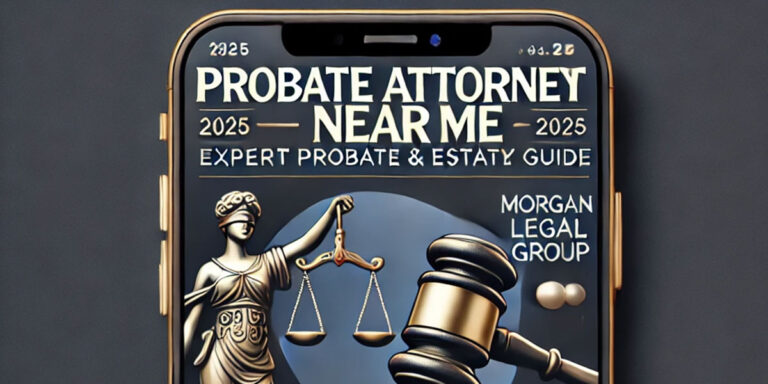
Finding a Compassionate and Skilled Probate Attorney Near You in New York (2025) When dealing with the loss of a loved one, navigating the complexities
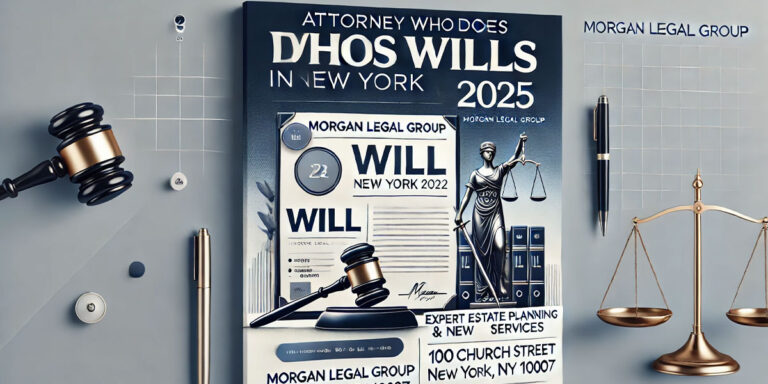
Securing Your Future in 2025: Why You Need an Attorney for Wills in New York Planning for the future involves many important decisions, and one

Honoring the Legacy of Hard Work and Protecting Your Family’s Future: The Morgan Legal Group Story At Morgan Legal Group, we understand that estate planning

Navigating Wills and Trusts: Why You Need Experienced Lawyers in New York Creating a comprehensive estate plan is crucial in protecting your assets, providing for

7 Essential Things You Need to Know About Estate Planning in New York Estate planning can seem overwhelming, but it’s one of the most important

Mastering Wills and Trusts: Crafting Your Ideal New York Estate Plan Creating a comprehensive estate plan is critical in protecting your assets, providing for your

The Role of an Elder Law Attorney in New York: Protecting Seniors and Their Futures As individuals age, they often face unique legal and financial
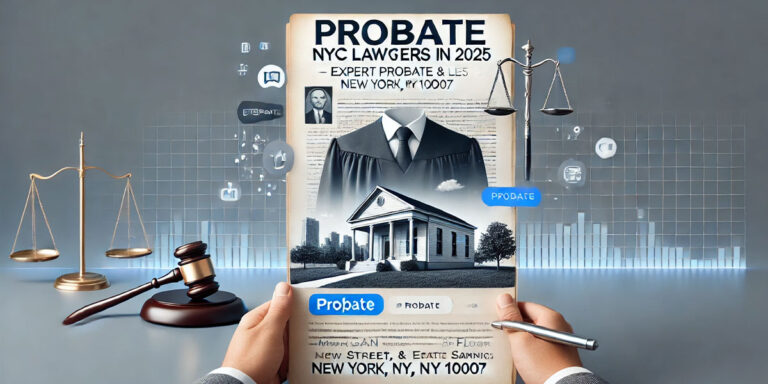
Probate Lawyers in NYC: Navigating Estate Administration in 2025 The loss of a loved one is a difficult experience, often compounded by the complexities of
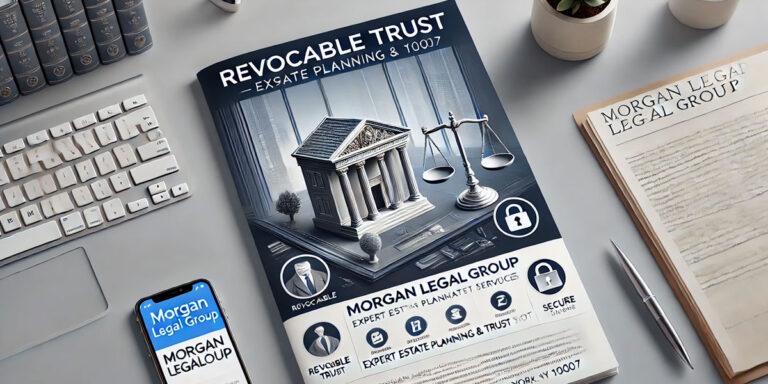
Revocable Trusts in NYC: A Comprehensive Guide for New Yorkers Planning for the future is a critical responsibility, and for many New Yorkers, a key
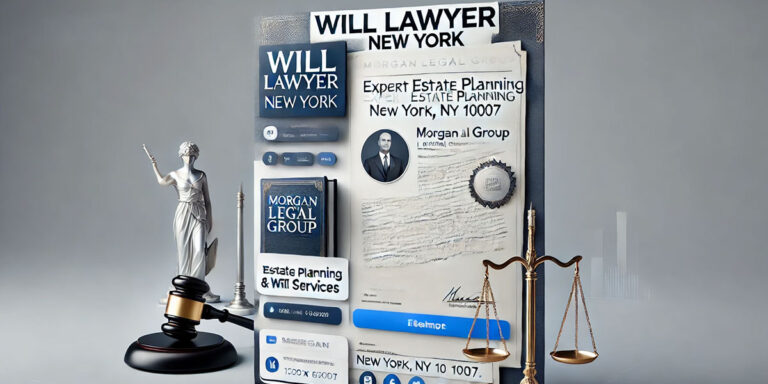
Navigating Wills in New York: Why You Need a Skilled Will Lawyer Planning for the future often involves difficult decisions, but few are as important

Will Lawyer NYC in 2025: Your Guide to Secure Estate Planning Planning for the future is a responsibility we all share. In New York City,

New York Estate Planning: A Comprehensive Guide for 2025 Estate planning, a vital aspect of responsible adulthood, involves preparing for the management and distribution of

Protecting Your Children’s Future: Child and Estate Planning in New York As a parent, securing your children’s future is paramount. This extends beyond providing love

Navigating Probate in New York: Finding the Right Attorney Near You (2025) Probate, the legal process of administering a deceased person’s estate, can be complex

What is a Will-Based Estate Plan? A will-based estate plan centers on a last will, a legal document that outlines how your assets are distributed

Wills vs. Trusts in NYC: Choosing the Right Estate Plan for You Regarding estate planning in New York City, a fundamental decision arises: Will a
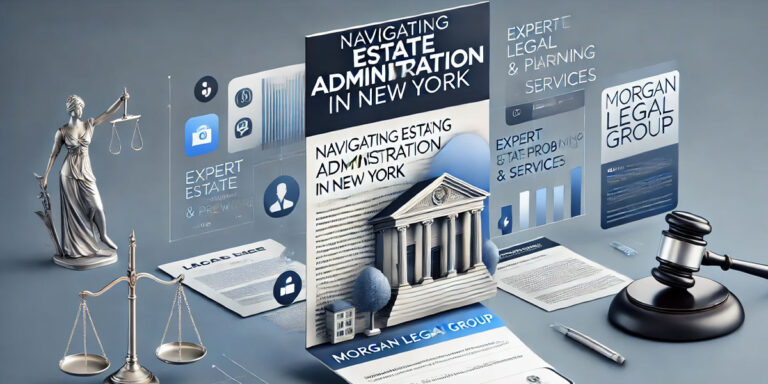
Navigating Estate Administration in New York: A Step-by-Step Guide The loss of a loved one brings immense grief and emotional upheaval. Furthermore, amidst this difficult
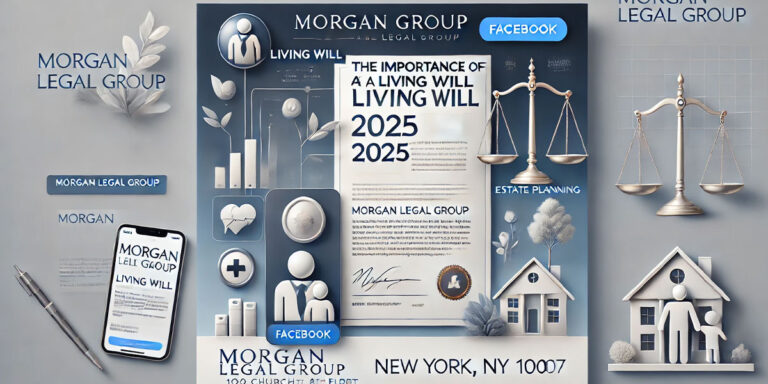
NYC Estate Planning: Key Elements of an Effective Plan Creating an effective estate plan can feel like assembling a complex puzzle. Indeed, many New York

Protecting Yourself and Your Partner: A Comprehensive Guide to Estate Planning in New York At Morgan Legal Group, we understand the complexities involved in safeguarding

Top 10 Things NYC Residents Need to Know About Estate Planning Often perceived as complex or daunting, estate planning is fundamentally about ensuring your wishes

Becoming Digitally Savvy: How Digital Assets Factor into Your NYC Estate Plan In our increasingly interconnected world, our lives extend far beyond the tangible. Indeed,
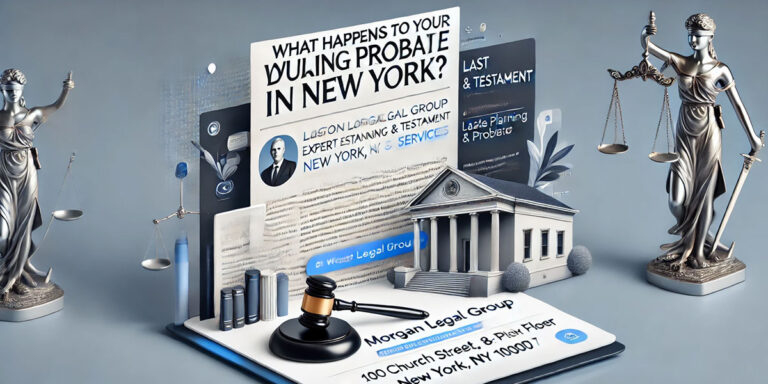
Unlocking the Mystery: What Happens to Your Will During Probate in New York? For many New Yorkers, the creation of a will represents a crucial

Why a Living Will Matters in NYC: Your 2025 Guide As we move further into 2025, advanced healthcare planning has become more critical than ever,
Ⓒ 2025 - All Rights Are Reserved | Privacy Policy | Estate Planning Attorney NYC | Sitemap